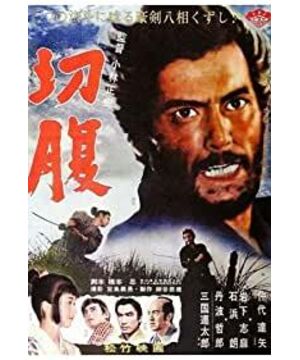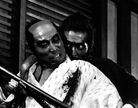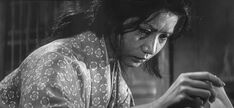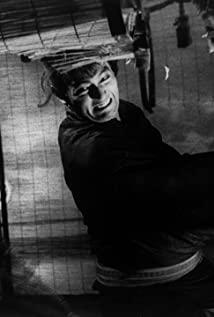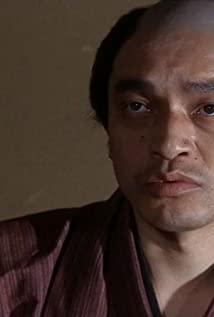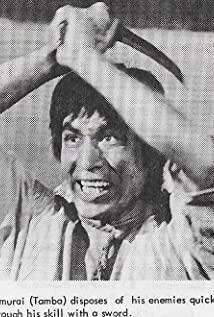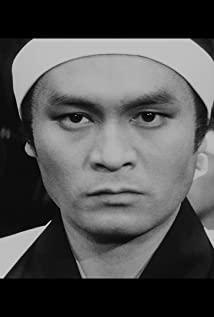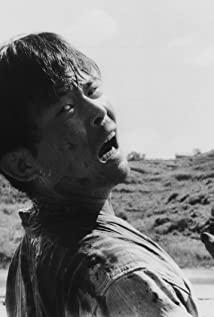This is a great movie, a classic production of Japanese movies! For me, I have an irresistible aversion to everything in Japan. I try not to touch some Japanese civilization and art, but great works can always reflect dazzling light.
Kobayashi Masaki's "Abdomen" is just such a movie. In terms of the narrative structure, it is impossible to tell that this is a 62-year-old work. Even today, there are few works with such a narrative structure in domestic movies, and director Kobayashi has used it so skillfully back then. Judging from the interview in 2005, this kind of narrative structure aroused great controversy among the audience. Also controversial is the cruel portrayal of the art of crosscutting. Although the crosscutting is not fully shown on the screen, the actor's deep expression is enough to reflect everything.
What is commendable is the grandeur of the scene. This grandeur is not obtained by the number of people and the wide and open horizon, but by the structure of the house, the clouds in the sky, the momentum of the wind and the ground, and the magnificent music of Wu Manche. of. This is a work done by some genius art masters. Just say the clouds in the sky. According to Nakadai Tatsuya, Director Kobayashi stayed in Kyoto for two weeks in order to shoot suitable clouds.
Equally shocking is the fighting scene. These fighting scenes are very few in number, but very high in quality. These scenes are fundamentally different from those high-flying high-flying martial arts movies currently seen in the movie market. These scenes have a solemn texture. It is also learned from the interview with Nakadai Tatsuya that these sword battle scenes are actually true. The performance of the sword is really appalling.
There is a lot of dialogue between Nakadai Tatsuya and Mikuni Rentaro, which is also very fascinating. It is also in the dialogue to understand the story of Chien Iwa’s begging for a girl, which involves the historical background of the entire Tokugawa shogunate era. Viewing this film from a historical and political point of view can clearly reflect an argument that no matter how powerful an individual's power is, it will inevitably be trampled under the power political system. This kind of fatal tragedy has enveloped the entire film, but the director Kobayashi I know is not such a person, very stubborn, even better than Kurosawa Akira. Another aspect is the uncompromising with the government. Perhaps it is the uncompromising personality of life that has created such a great work. On the other hand, our artists have either compromised or negotiated collectively.
View more about Hara-Kiri reviews


